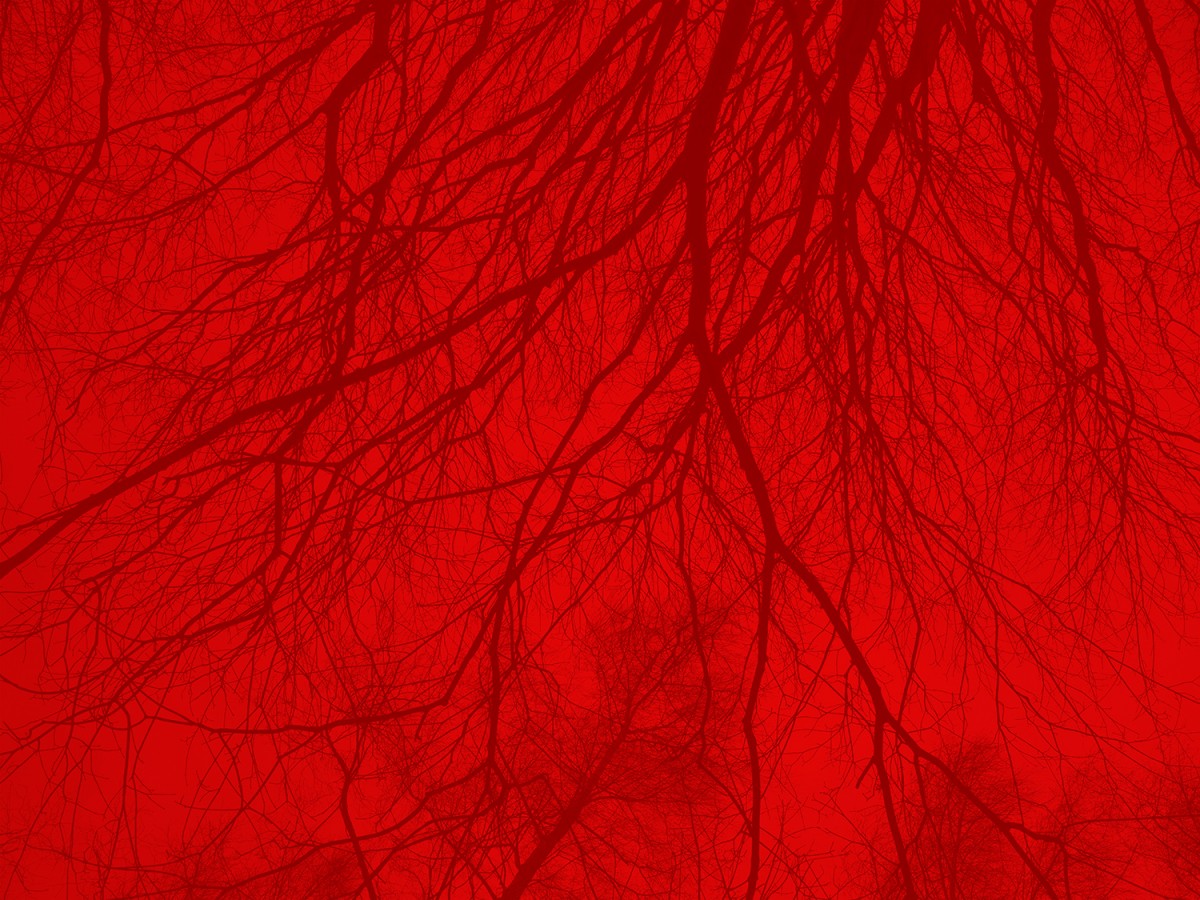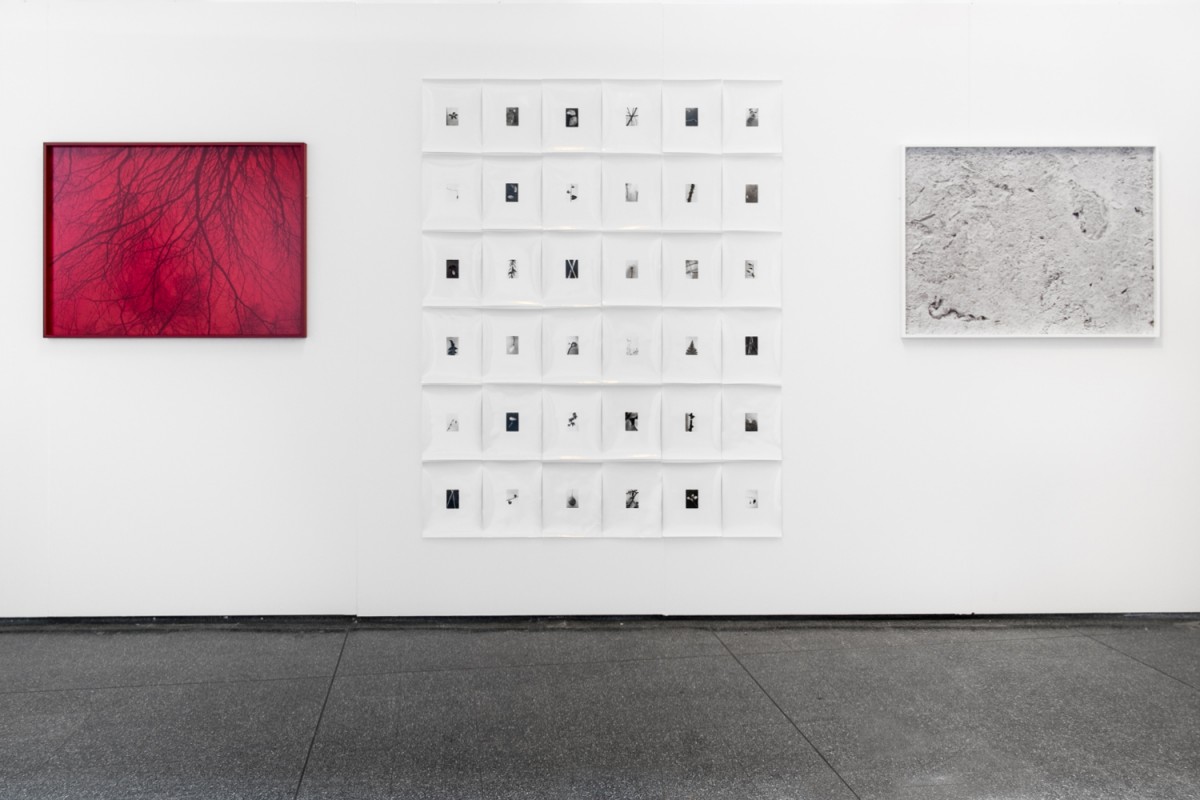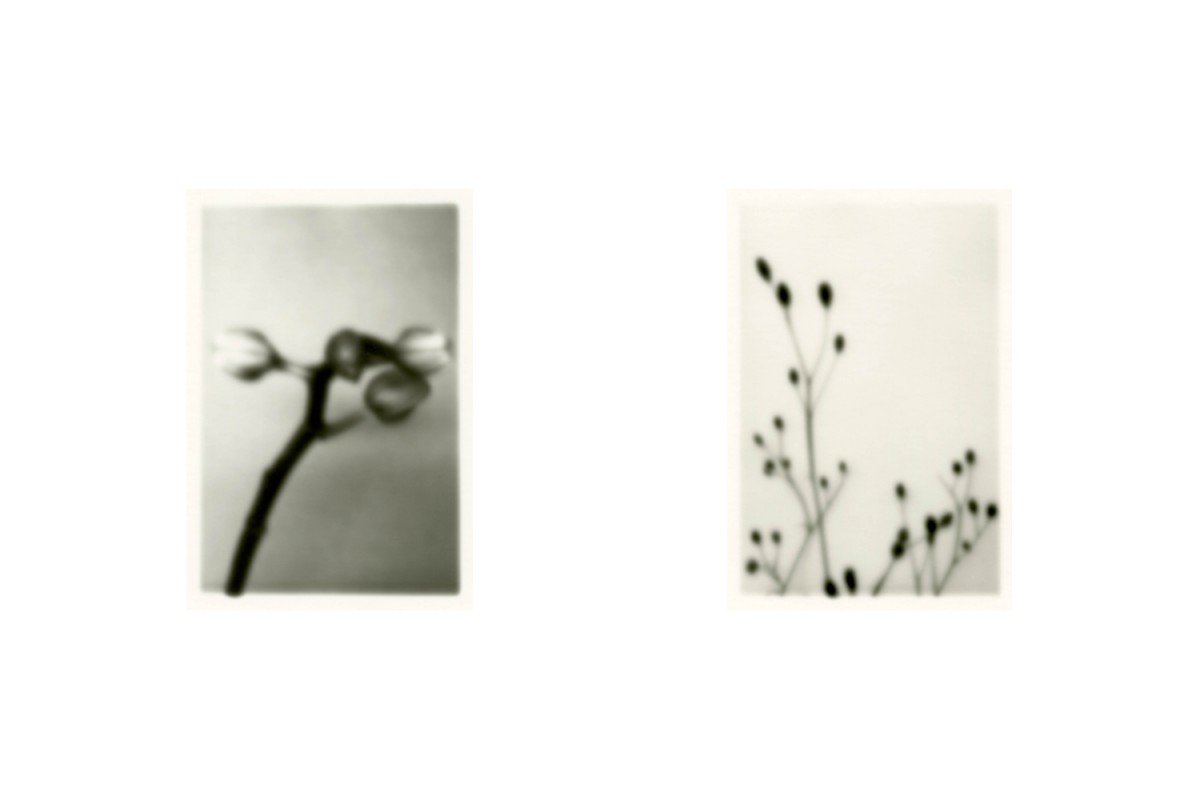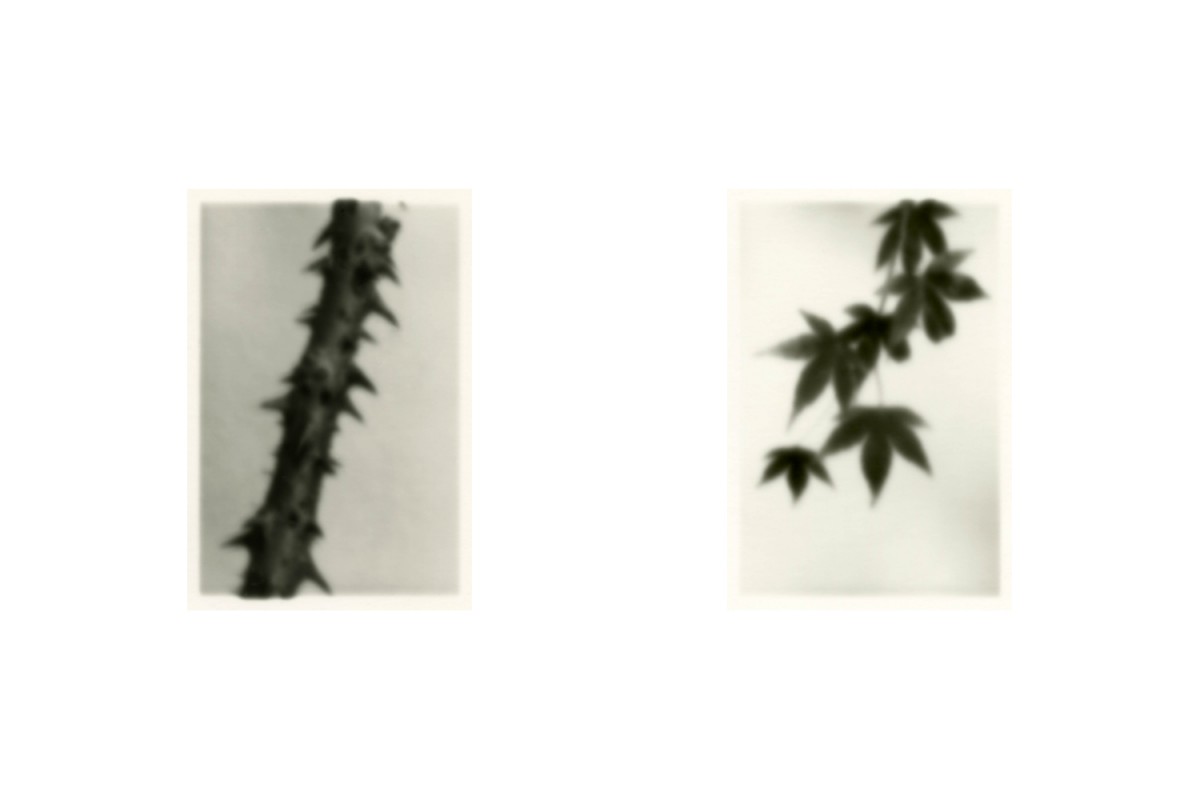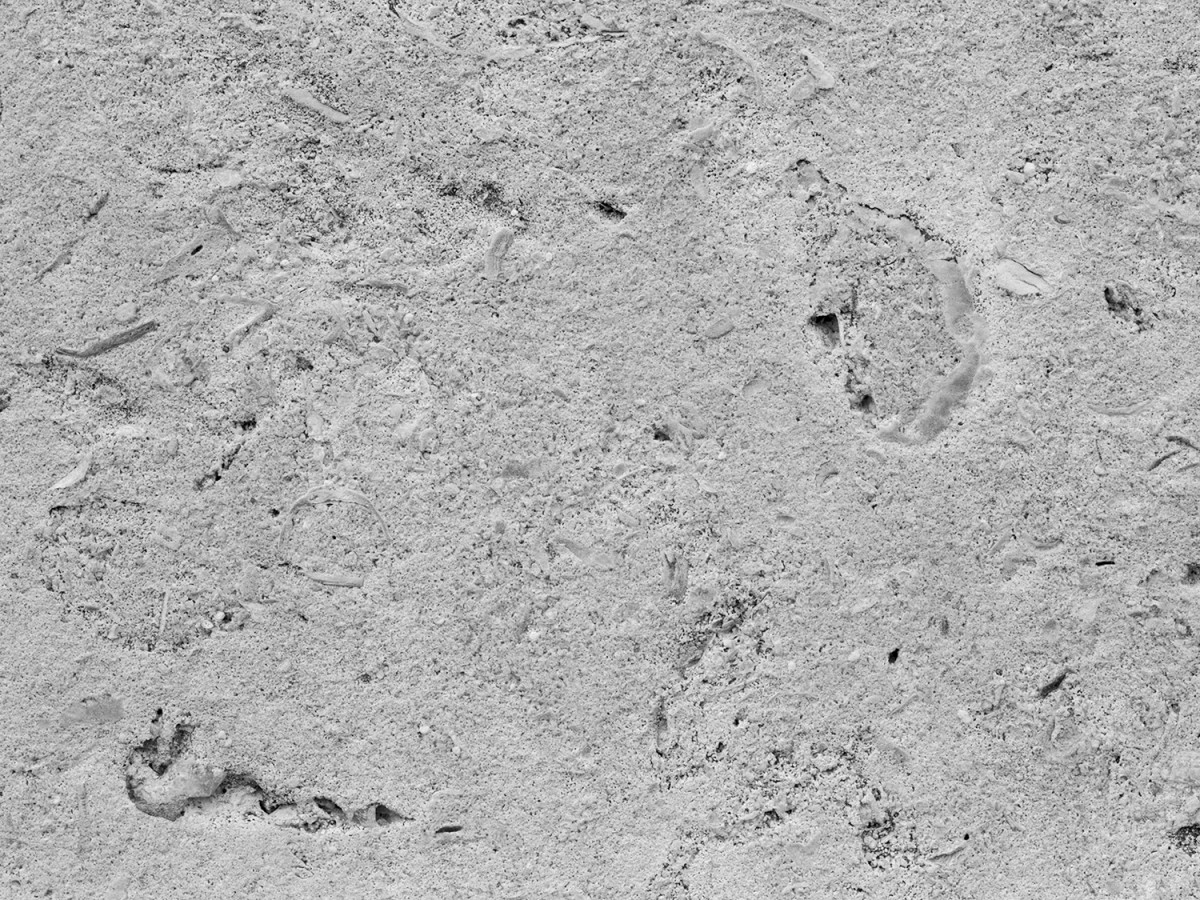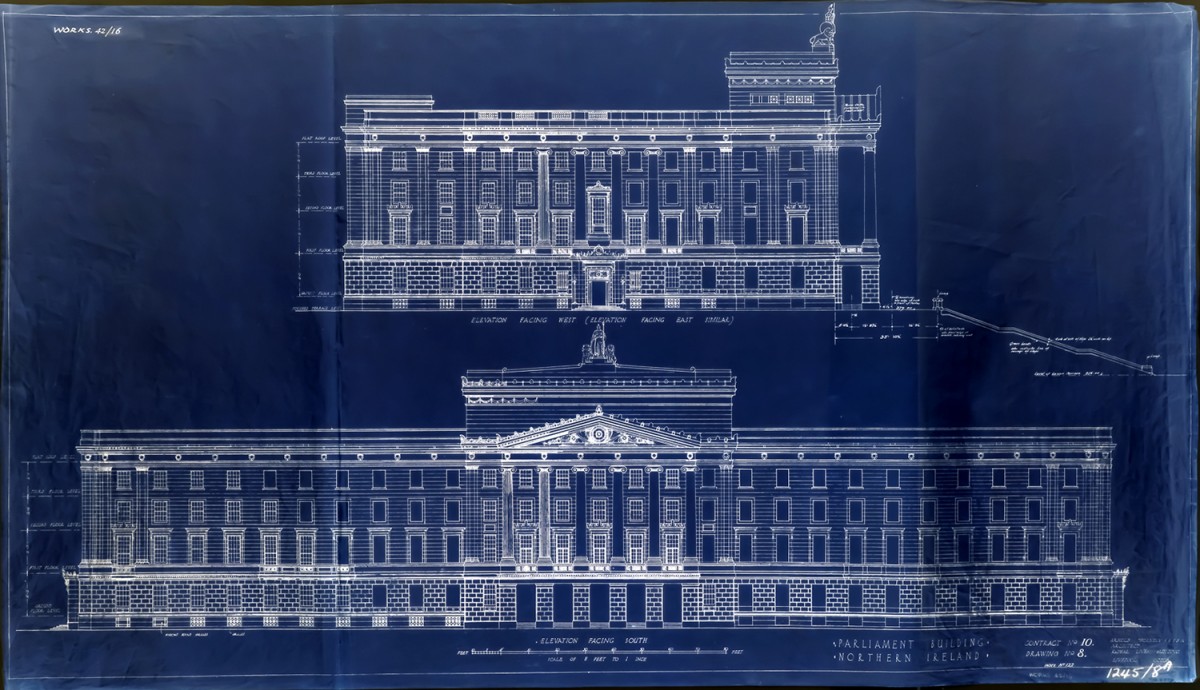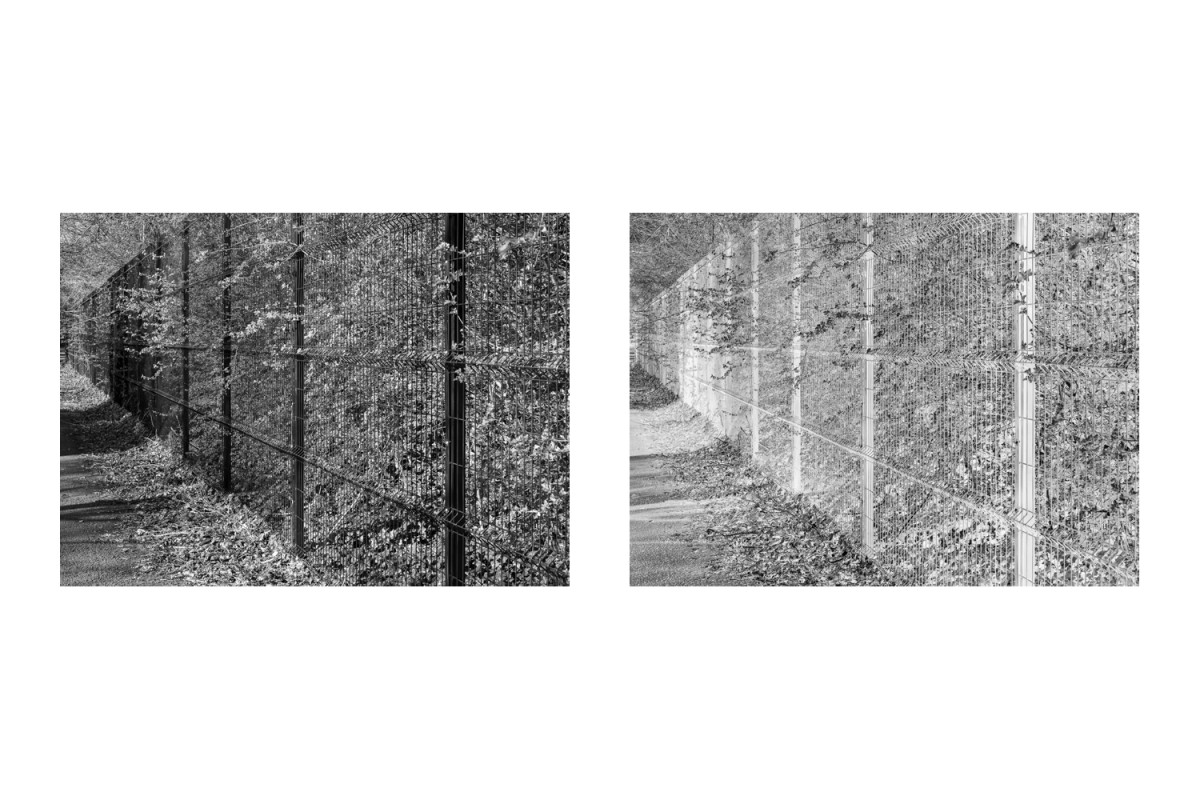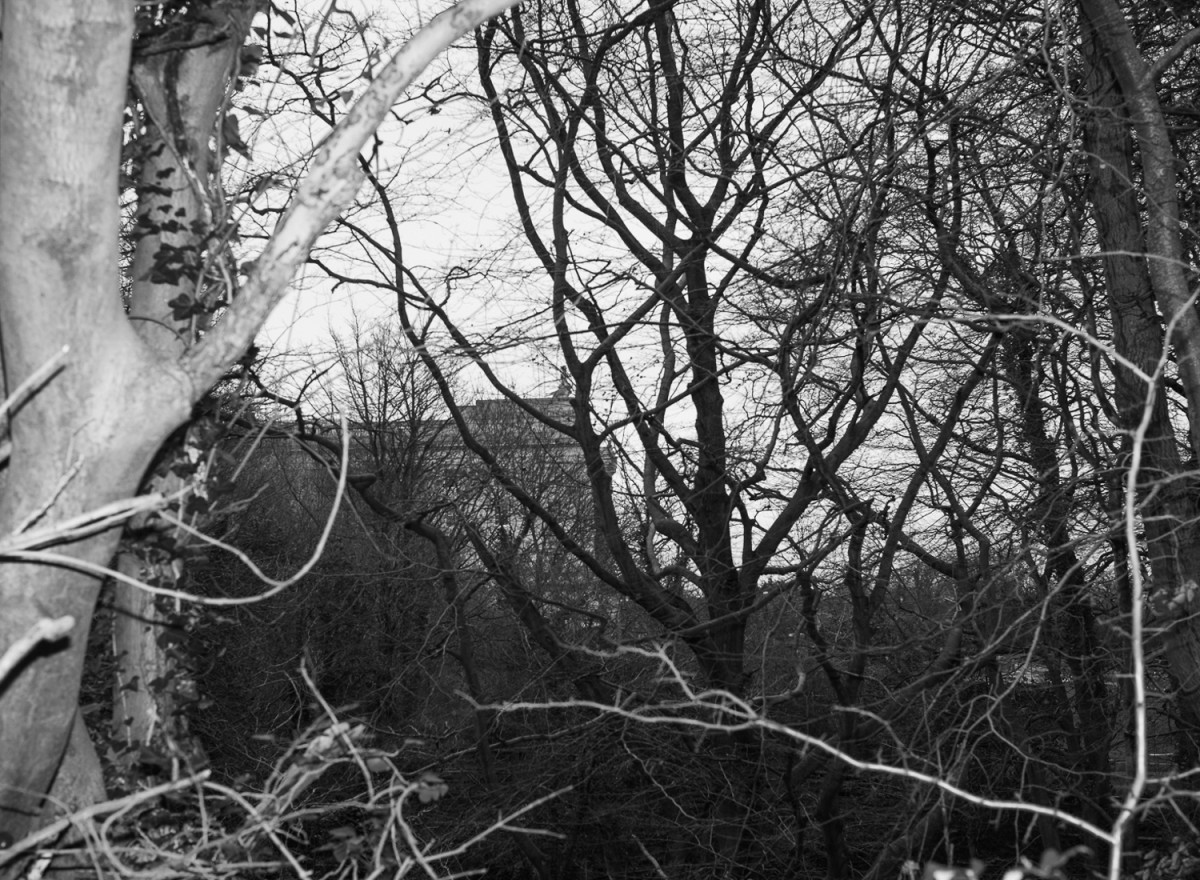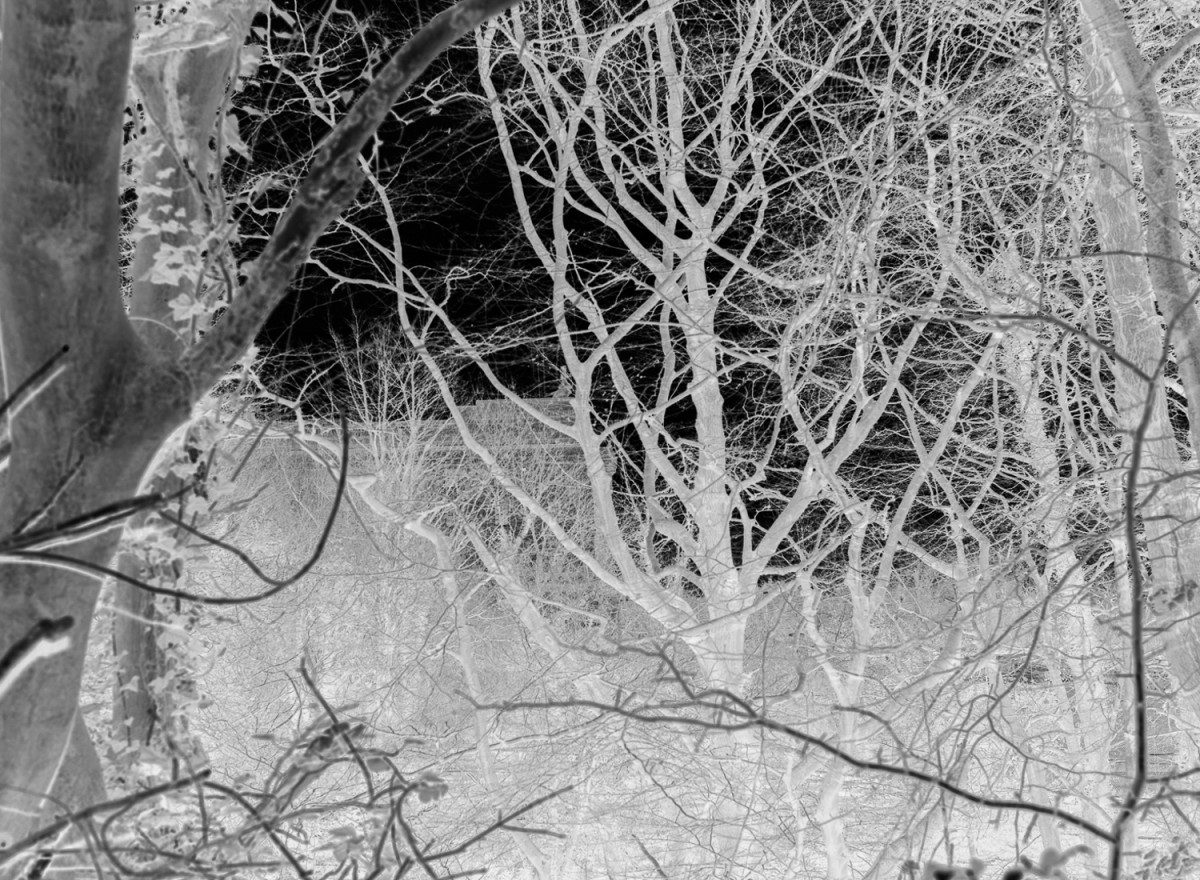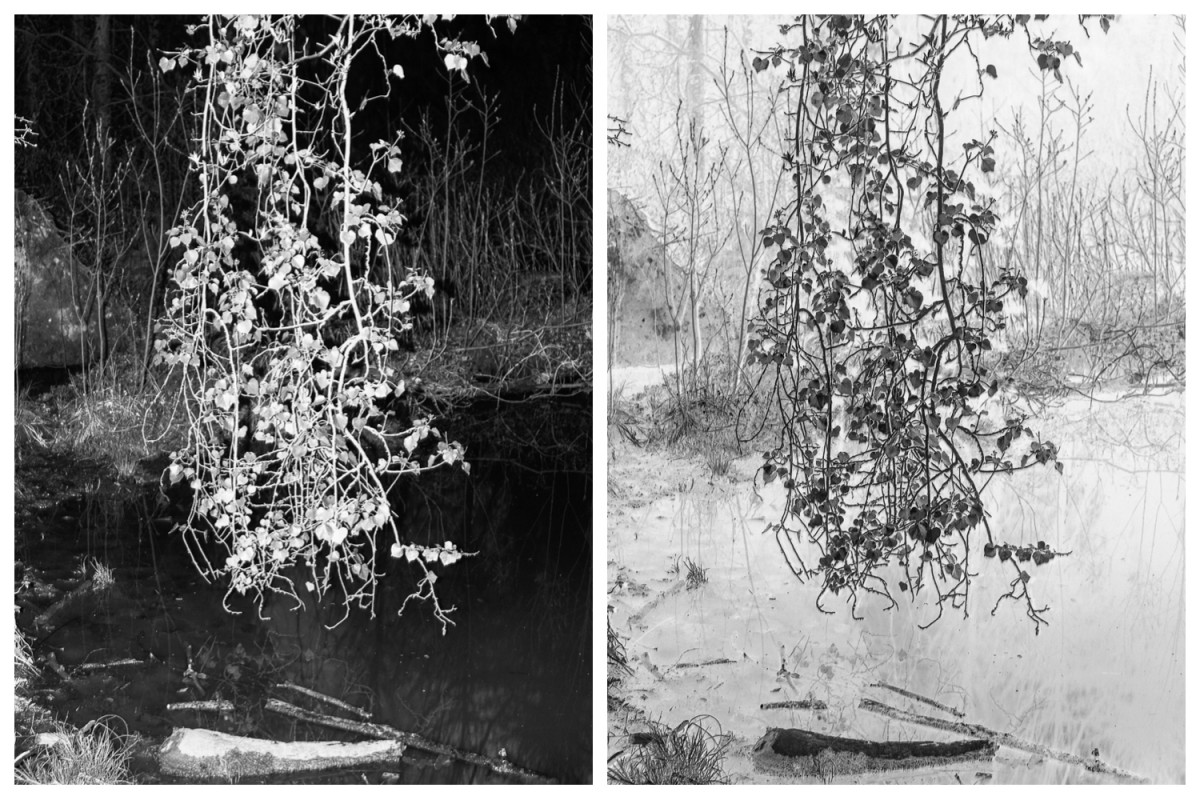Recent 2016 University of Brighton MA Photography graduate Martin Seeds looks at the role of the Northern Ireland Assembly using the natural landscape as metaphor for the fragile political landscape.
Assembly is a body of work set in the Stormont Estate, the home of the Northern Ireland Assembly. The work uses the power of photography to generate allegory – letting the plants, trees and foliage deliver a message from the grounds surrounding the Northern Ireland parliament building about the struggles embedded in a fragile political landscape.
Assembly suggests the importance of the grounds as a common material space beyond culture in which difference and likeness are both articulated and intertwined in a natural world outside of the political chamber.
After a decades of street violence, bombings, shootings, thousands of deaths, psychological trauma, tribal politics and a large British military presence the 1998 Good Friday Agreement brought peace to Northern Ireland. One of the outcomes of the peace agreement was the creation of a local parliament, the Assembly, which attempts to bring together all rival communities to jointly govern the province. The Assembly consists of a coalition of members elected by proportional representation. All elected parties have to be part of the Assembly in order for it to function – everyone has to have a say or no one does. In reality the Assembly consists of single identity parties who, for the most part, have antagonistic agendas – either nationalist and for the unification of Ireland or unionist and against a reunification. Placing these incompatible agendas within a constitutional framework in which power is shared by all creates a government based on difference in which agreements are hard to come by.
Ironically it may be because of this complex landscape that relative peace has prevailed in the province – the nature of the constitution means a great deal of delicate political traversing is needed in order to reach policy agreements. The downside is that a lot of time is spent negotiating differences that could be used to address the issues of running the country. The general public, wanting progress on real issues like health and social care, education and housing, equal gay rights, tribal flags and parades, get frustrated and are unforgiving of this ‘time wasting’. Peace however is preserved and we have to give the members of the Assembly credit for that.
At times the Assembly grinds to a halt because of some impasse that highlights the unyielding grip some politicians have on their differing agendas and the inability of the political structures to cope – recent years have been turbulent. In September 2014 the assembly’s First Minister declared that Stormont was ‘unfit for purpose’. In 2015 reports that the IRA was still operative caused further strains within and across all political parties causing one to walk away from the process of governing. With tensions running high and fears of violence returning to the streets there were desperate efforts to repair the frail political process. Meetings where held with the UK and Irish governments, negotiations took place, actions where agreed and a ‘Fresh Start’ was declared in November of 2015. It would seem that in order for political change to be accelerated the political structures occasionally need to be broken, redefined and reformed – this is a good thing for it shows a willingness to grow beyond the old agendas.
The Good Friday peace agreement is now 18 years old. Significantly this means there is a generation of new voters who are unfamiliar with the sounds of explosions and gun fire, security alerts and soldiers on the streets. Some of these voters have difficulty placing themselves in either a nationalist or loyalist camp and are ultimately frustrated by the old rival agendas of the existing Assembly. This generation and ones right behind will no doubt bring pressure for further change and hopefully some will deliver that change through their own political involvement in a future Assembly.
See here for more of Martin’s work.
